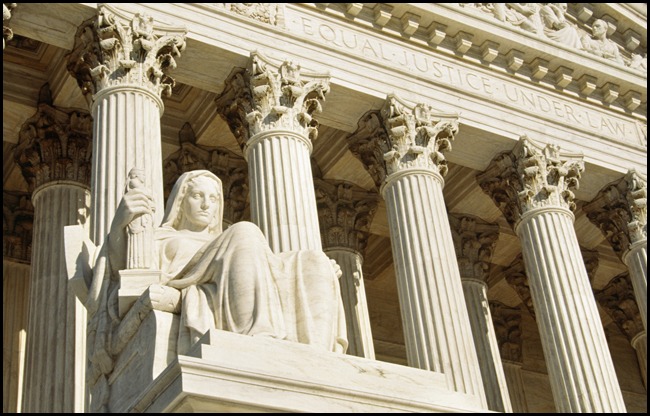In article titled Whistle-Blower Protections Tucked into Health Reform Law,whistleblower attorney Jason Zuckerman is quoted about the whistleblower protections provisions in the health care reform law. The articles states:
The whistle-blower protections in the reform law are “more robust” than protections offered in laws such as the Sarbanes-Oxley Act, according to Jason Zuckerman . . . . a plaintiff attorney who specializes in whistle-blower cases.
Under the law, workers must file complaints with the U.S. Occupational Safety and Health Administration (OSHA) within 180 days of becoming aware of any retaliatory actions by their employers. OSHA will investigate the claims and can order preliminary relief, such as reinstatement of an employee. However, if OSHA fails to resolve a complaint within 210 days or if the Labor Department fails to act within 90 days of receiving a written determination from OSHA about possible violations, then the worker who filed the claim can seek relief through a federal court and request a jury trial.
OSHA has issued a fact sheet summarizing the whistleblower provision in the Affordable Care Act, which states:
The Affordable Care Act (ACA) contains various provisions to make health insurance more affordable and accountable to consumers. To further these goals, the Affordable Care Act’s section 1558 provides protection to employees against retaliation by an employer for reporting alleged violations of Title I of the Act or for receiving a health insurance tax credit or cost sharing reductions as a result of participating in a Health Insurance Exchange, or Marketplace. Title I includes a range of insurance company accountability requirements, such as the prohibition of lifetime limits on coverage or exclusions due to pre-existing conditions. Title I also includes requirements for certain employers. Many of the provisions in Title I are not effective until 2014.









